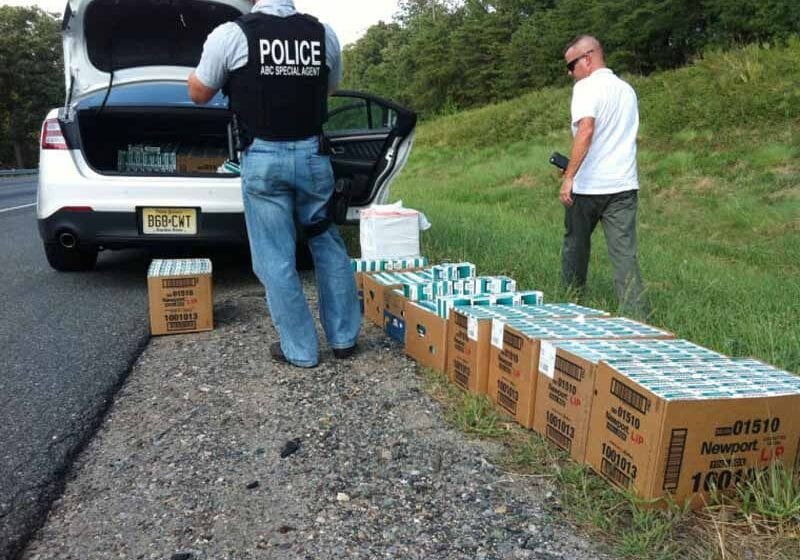Illegal-trade operation turns sour

In Canada, the Mohawk Council of Kahnawake and the Elected Council of Six Nations of the Grand River have attacked what they see as the false impressions given by statements made by the Quebec police following an anti-illegal-tobacco-trade operation called the MYGALE project.
‘As First Nations, Kahnawake and Six Nations have the legal right to produce, distribute, and trade tobacco,’ they said in a statement. ‘Any attempt to regulate or restrict a First Nation from manufacturing and participating in inter-nation trade within the tobacco industry is an attack on this inherent indigenous right.’
Kahnawake Grand Chief Joseph Tokwiro Norton said that tobacco was the natural product of First National people. “We’ve used it for centuries,” he said. We use it for ceremonies and, when the Europeans came, we later used it for trade. They took the product, made it ‘their own’ and – all of a sudden – it’s illegal.”
According to a story in The Hamilton Spectator quoting police sources, two million kg of tobacco were bought in North Carolina and illegally imported into Canada between August 2014 and March 2016. The tobacco was said to have been processed mostly on reserves.
But the First Nations statement said that operations such as the recent MYGALE project often lumped together the legal manufacturing and trade of tobacco by indigenous people with organized crime activities. This was incorrect and highly misleading.
‘Both Kahnawake and Six Nations have deemed organized crime, and criminal activities to be illegal within their Territories,’ the statement said. ‘Both Iroquois communities co-operate with neighbouring law enforcement bodies on investigations relating to illegal activities occurring within their nations and/or involving their community members. Tobacco is not an illegal activity.’
Meanwhile, Six Nations Chief Ava Hill said it was “disheartening to read statements, like the one recently issued in the MYGALE project, attempting to criminalize our tobacco industry”. “Tobacco is a historical trade that supports the growth and economic prosperity of our communities,” she said.
Hill added that since the first nations were sovereign, the federal and provincial governments had no jurisdictional right to tax and regulate tobacco on the nations’ territories.